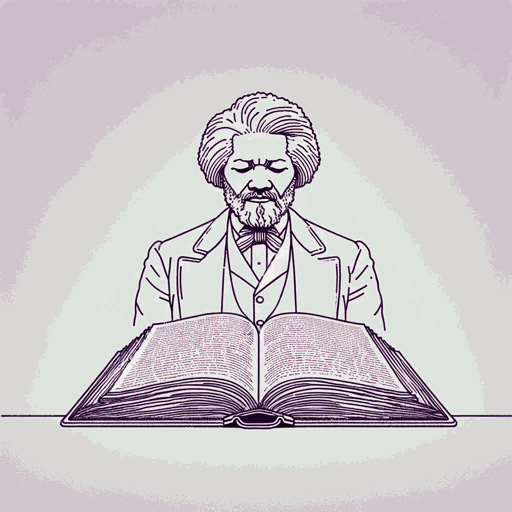56 pages • 1 hour read
David W. BlightFrederick Douglass: Prophet of Freedom
Nonfiction | Biography | Adult | Published in 2018A modern alternative to SparkNotes and CliffsNotes, SuperSummary offers high-quality Study Guides with detailed chapter summaries and analysis of major themes, characters, and more.
Index of Terms
Civil Rights Amendments to the Constitution
Three constitutional amendments enacted around the time of the Civil War have a profound impact on the status of Black Americans. The Thirteenth Amendment (1865) formally outlaws the practice of slavery in America. The Fourteenth Amendment (1868) states that all citizens are guaranteed the same rights under the law. The Fifteenth Amendment (1870) explicitly grants the vote to all male citizens of the country, regardless of race.
Civil Rights Cases
In United States v. Stanley (1883), the Supreme Court undercuts the constitutional legislation guaranteeing equal treatment for ex-enslaved people. A series of eight cases, collectively known as the Civil Rights Cases, essentially state that the federal government has no authority to intervene in instances of private discrimination. The court defers to states’ rights in the matter. Among other things, this lack of federal oversight means that hotels can ban Black guests, and Railroads are not obliged to seat Black passengers with Whites. In essence, the South is free to practice segregation without fear of federal intervention.
Dred Scott Decision
In 1857, the Supreme Court hears the case of an enslaved person named Dred Scott who travels to a northern state with his master. Scott claims that he is now in free territory and should be regarded as free.
Featured Collections
American Civil War
View Collection
Black History Month Reads
View Collection
Books on U.S. History
View Collection
Civil Rights & Jim Crow
View Collection
Inspiring Biographies
View Collection
Politics & Government
View Collection
Pulitzer Prize Fiction Awardees &...
View Collection
War
View Collection


